How To Prepare for Tax Season
December 11, 2023
Want to make sure your tax paperwork is organized? Keep excellent records all year. That way, after the end of the year, you just gather applicable tax documents that arrive in the mail or become available online. Ensure you've received all your information forms before filing to avoid having to file an amended return later.
Documents and information you may need include:
- Forms W-2, 1099 and any others showing income earned.
- Investment income.
- Income from state and local income tax refunds and/or unemployment forms.
- Taxable alimony received.
- Social Security benefits.
- Miscellaneous income — such as jury duty payments, gambling winnings and scholarships.
- Records of charitable contributions.
- Records of mortgage interest and property taxes paid.
- Any income you've received from dividends or distributions related to your investments.
- Any childcare expenses or medical costs.
- A student loan interest statement with information on the amount of student loan interest you paid throughout the year.
Here is a tip: Max out some of your accounts and reduce your taxable income. If you've reached certain ages, you may be eligible for catch-up contributions to IRAs and health savings accounts.
Investigate deductions
Consider whether you qualify for tax deductions to reduce your taxable income and tax credits to reduce your tax liability. The following documentation can help you get the deductions and credits you deserve:
- Childcare costs.
- Education costs.
- Adoption costs.
- Investment interest expenses.
- Charitable donations.
- Casualty and theft losses.
- Union dues and other unreimbursed employee expenses.
- Medical and dental expenses.
- Energy credits.
Detail, itemize and categorize expenses ahead of time to save time. Put yourself in a position to claim the maximum benefit from your expense. To help reduce the amount of income that's taxed, consider:
- IRA and HSA contributions.
- Student loan interest.
- Moving expenses.
- Self-employed health insurance premium payments.
- Self-employed pension plans — e.g., Keogh, SEP and SIMPLE.
- Alimony paid that is tax deductible.
- Educator expenses.
Business records
For business expenses, keep receipts and credit card statements or create a spreadsheet where you list all your annual business expenses. Keeping detailed records throughout the year can help you maximize your business deductions and potentially reduce your tax liability.
Properly document the taxes you've already paid to keep you from overpaying:
- State and local income taxes.
- Real estate taxes.
- Personal property taxes — such as a vehicle license fee based on value.
Stay updated on recent and future tax law changes so you can plan and adapt accordingly. As your financial situation grows more complex, you may want to work with a qualified professional at tax time to help you:
- Gather the right tax and financial data from your investment accounts.
- Provide advice tailored to your financial situation.
- Calculate your income tax projections.
- Reduce the risk of unwanted surprises if your tax situation changes.
Allow time in case your tax professional has additional questions and information requests. And then file — and (hopefully!) receive your tax refund.
Source: IndustryNewsletters ©2023


.png)



